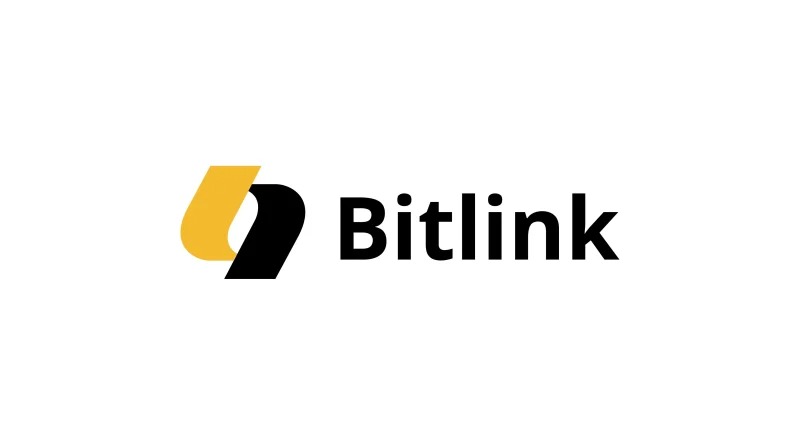Bitlink Exchange has expanded its operations into Nigeria and plans to expand to other African countries this year.
It said the move was predicated on its mission to deepen Web-3 adoption by leveraging cryptocurrency innovation and blockchain solutions in the country.
In a statement, the co-founder and Chief Executive Officer, Jearon Wong, said, “Our plan for the African market is long term, to expand the space and make cryptocurrency knowledge available to all. We will partner with people in the ecosystem to educate more persons about Web3 and make our process seamless.”
He stated that by establishing roots in Nigeria before expanding to other African countries, the firm aimed to directly engage with the local communities by fostering a collaborative environment that facilitates innovation, education, and adoption of decentralised technologies.
The Regional Manager of Bitlink Africa, Jasper Stevens, “It is widely acknowledged that Web-3 technologies have the potential to bridge existing gaps in financial access and provide opportunities for individuals who are traditionally excluded from mainstream financial systems.
“Bitlink is thus committed to creating a user-friendly platform that facilitates easy and secure access to cryptocurrency, fostering economic inclusion across diverse demographics in Nigeria and the African continent.”
The Central Bank of Nigeria recently lifted its restriction on crypto transactions in the official banking sector.
Many experts believed that the move would herald an influx of new players into the space.
In a recent circular, the apex bank, favouring regulation, said, “However, current trends globally have shown that there is a need to regulate the activities of virtual assets service providers, which include cryptocurrencies and crypto assets.
“Following this development, the Financial Action Task Force (FATF) in 2018 also updated its Recommendation 15 to require VASPs to be regulated to prevent misuse of virtual assets for ML/TF/PF.”
Based on its new guidelines on operations of bank accounts for virtual assets service providers, the CBN expected players in the crypto space to be licenced by the Securities and Exchange Commission, among other things before opening a bank account in the country.
Part of the guideline read, “Any application for opening a designated account by a company providing virtual/digital asset services under these guidelines shall be supported by the following documents: evidence of a valid licence issued by the Securities and Exchange Commission (SEC) for the entity to engage in the business of VASP/DAXIDAOP.
“Certified true copy of the memorandum and article of association. Certified true copy Form CAC 2— Statement of share capital and return of allotment of shares. Certified true copy Form CAC 2.1 particulars of secretary. Certified true copy Form CAC 3—notice of registered address. Certified true copy Form CAC 7— Particulars of Directors. A verifiable registered address of the company.”
This news is republished from another source. You can check the original article here







